Script vs Screenplay: What’s the Real Difference?
You’ve got a killer idea for a movie, web series, or maybe your first YouTube short film with vivid characters and a juicy plot, and your imagination is racing faster than a camera dolly on set. But then comes the million-dollar question in the script vs screenplay debate: Should you be writing a script or a screenplay?
If you’ve ever batted an eyelid over this, you’re not alone. These two terms are often confused in conversations about writing for film and TV, but they’re not identical twins. Mistaking one for the other in professional circles could be like showing up to a red carpet in pajamas, even though it’s memorable, it’s probably not in the way you want.
In this article, we’ll untangle the complex relationship between script vs screenplay. You’ll discover what each term means, when to use one over the other, how they’re formatted, and why using the right one matters, especially if you’re aiming to break into the world of film, TV, or visual storytelling.
So, grab your favorite pen and let’s get started!

What Is a Script?
A script is a text that details the dialogue, actions, and stage directions for a performance. It’s used across various formats, including plays, movies, TV shows, podcasts, YouTube skits, and even video games. If it involves performers and storytelling, there’s likely a script behind it.
The part where it gets interesting is that the word “script” comes from the Latin scrībĕre, which simply means “to write“. Whether it’s your grocery list or a handwritten wedding toast, anything written by hand or on screen can technically be called a script. But in the context of storytelling, it’s the lifeline of a performance.
What’s in a Script?
A professional script typically includes four main elements:
- Scene Setting: This is where the action unfolds.
- Action: Is the physical happenings or visual elements.
- Dialogue: What characters say, often revealing the tone, intention, or conflict.
- Character Headings: Identifies the person speaking. Beyond the words on a page, a script’s role is to guide performance.
Where Are Scripts Used?
Scripts are used across multiple types of media and come in different formats, depending on the medium. Just like an architect’s blueprint guides builders in constructing a house, a script provides the roadmap for actors, directors, camera operators, and even video editors to bring a story or idea to life.
They are used in TV shows, feature films, stage plays, web series, YouTube videos, Radio Dramas, and Podcasts, as well as branded content or Commercials. Whether it’s a monologue or a comedy sketch, the script lays the tracks before the storytelling train rolls out. This diversity is key in the script vs screenplay discussion.
Functions of a Script: Why They Matter
A script goes beyond giving actors lines to memorize; it supports every aspect of production. It aligns directors, producers, cinematographers, and actors toward the same vision. From budgeting to casting to set design, the script dictates what needs to be done and when.
Through dialogue and scene descriptions, a script brings ideas and characters to life. It also helps the crew track cues, such as lighting changes, sound effects, or when a camera should move. In commercials, a script ensures consistency in tone and message.
Why a Good Script Is Gold
A thoughtfully written script not only informs actors of what to say but also shapes the entire experience. Here’s why it’s indispensable:
- It’s the filmmaker’s compass: It steers the creative direction of a project.
- It saves time and money: Clarity in scripts prevents confusion during shoots.
- It sells ideas: A polished script can impress producers, networks, or investors.
- It ensures quality: Great storytelling starts with excellent writing, and the script is where that starts. Succinctly put, a script is the backstage pass to the world of production; it unlocks the mechanics behind every emotional scene.
This also explains why script vs screenplay isn’t just semantics but also reflects two different paths in the same industry.
Types of Scripts You Can Write
Now that we’ve examined why a good script is gold, it’s time to explore the various types of scripts writers create, depending on their purpose and platform.
Original Script
A completely new idea not based on any pre-existing work. Original scripts exist across film, stage, TV, and gaming.
Adapted Script
This involves adapting an existing story, such as a novel or real-life event, for a different format, era, or style.
Storyboard
Commonly found in animation or visual-heavy productions. It combines drawings and dialogue in a scene-by-scene format.
Speculative Script
A speculative script is written based on an existing show or franchise, without owning the rights. Writers use these to showcase skills and potentially land a writing job.
Standalone Script
It is designed to be used independently, but still fits into a larger franchise. It’s common in episodic TV when backup content is needed.
Pitch Script
A pitch script is a high-level idea used to convince producers or studios to approve a project. Often created for properties the writer already has access to or ownership of.
Shooting Script
A shooting script is used in production. This version includes specific camera directions, scene numbers, locations, props, and shot order. It often excludes dialogue.
Whether you’re creating a Netflix drama, a podcast series, a viral video ad, or an independent game, if it involves performance or storytelling, chances are, it starts with a script.
And just as no two buildings use the exact blueprint, each type of media requires its unique script. Understanding these helps clarify the script vs screenplay distinction.

What Is a Screenplay?
A screenplay is a carefully structured, industry-standard document that maps out every scene, line of dialogue, character action, and cinematic moment in a movie or TV show.
It can be described as the story and blueprint written in a particular format that enables a director, producer, cinematographer, and editor to transform words on a page into a moving picture.
A Closer Look at Screenplay Structure
In contrast to generic scripts, screenplays are highly formatted documents that not only focus on what characters say but also on what the audience sees and hears.
Here’s what a standard screenplay typically includes:
- Scene Headings (Sluglines): These indicate the location and time of a scene.
- Action Lines: This describes what’s visually happening in a scene. It’s concise, punchy, and written in the present tense.
- Character Names: Are placed above the dialogue to show who’s speaking.
- Dialogue: The exact lines characters speak.
- Parentheticals: These are the directions on how a line should be delivered, for instance, in a whisper.
- Transitions: Cues like “CUT TO:” or “DISSOLVE TO:” for editors and directors.
- Shots (optional): These are cinematic notes, such as “CLOSE-UP” or “TRACKING SHOT”, that guide camera movement or angle.
It’s this kind of structure that makes a screenplay cinematic by design, unlike a more open-ended script used for plays or podcasts. This structure is key to the script vs screenplay comparison.
The Unique Purpose of a Screenplay
A screenplay is more than just a guide for actors; it’s a collaborative tool used by nearly every department in a film or TV production. Everyone from set designers to lighting technicians refers to it during pre-production and filming.
Why screenplays matter:
- Visual Storytelling: Emphasis is placed on what the audience sees and hears.
- Industry Standard Format: Professionals expect consistency and clarity in layout.
- Scene-by-Scene Planning: This approach enables directors and cinematographers to plan shots, lighting, and blocking with precision and accuracy.
- Editorial Preparation: Screenplays often include post-production notes or transitions to assist editors in assembling the final film.
Screenplays evolve and undergo several drafts, incorporating notes from producers, directors, and studio executives until a final “shooting script” is ready to roll cameras. This reinforces the argument in the script vs screenplay debate.
9 Popular Screenplay Genres
To truly understand the script vs screenplay conversation, we must examine how screenplays function across various genres. Each genre shapes not only the tone and pacing but also the technical execution of the script itself.
Here are nine popular screenplay genres and what sets them apart:
- Thriller: Gripping, suspenseful, and full of twists. These screenplays excel at creating tension through the use of red herrings and shocking reveals.
- Western: Set on the American frontier, it explores themes of justice, revenge, and isolation.
- Horror: This is built to scare and provoke. These screenplays thrive on suspense, supernatural elements, and shock value.
- Comedy: This is lighthearted, witty, and deeply human. Comedies present humorous scenarios that reflect real-life struggles and awkward moments.
- Action/Adventure: This is an action-packed and visually intense genre. These screenplays rely on detailed scene direction and stunts.
- Romantic Comedy (Rom-Com): This genre is a blend of humor and heart, typically featuring characters who are opposites attracting. Rom-coms follow a clear arc but give room for originality.
- Drama: This is heavy on emotion and conflict. These screenplays require strong character development and often tackle serious themes.
- Sci-Fi: This genre is built on imaginative worlds, futuristic technology, or time travel. Sci-fi screenplays often involve deep world-building.
- Fantasy: These screenplays transport viewers to magical realms, filled with mythical creatures and supernatural laws.
Why Screenplays Matter in the Script vs Screenplay Debate
When it comes to storytelling for the screen, screenplays aren’t just written documents but the gold standard. They’re living, breathing instructions for turning imagination into motion.
So, in the excellent script vs screenplay showdown, think of a script as your versatile, all-purpose storytelling tool, while a screenplay is your specialized, format-rich guide tailored for one purpose: making movies or TV shows.
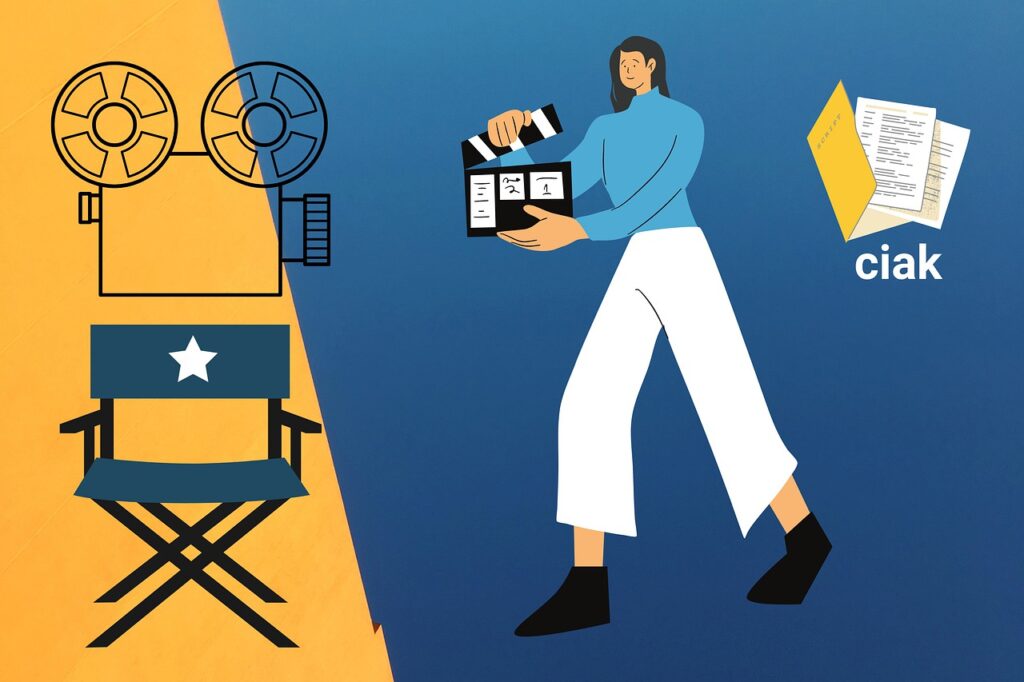
Script vs Screenplay at a Glance
It’s often said that the devil is in the details, and when it comes to the age-old script vs screenplay debate, that idiom couldn’t be more accurate.
However, both terms are often used interchangeably, like salt and sugar; mixing them up in the professional world of storytelling can leave a sour taste.
To keep things crystal clear, here’s a side-by-side comparison between a script and a screenplay:
| Feature | Script | Screenplay |
| Medium | Can be used for stage plays, speeches, podcasts, and video games | Exclusively for film, TV, and other visual storytelling |
| Audience | Actors, directors, clients, and game developers | Directors, producers, Cinematographers, editors, and actors |
| Structure | Flexible formatting fitted to the medium | Follows strict industry formatting for visual storytelling |
| Details | Dialogue-focused with light scene direction | Includes camera angles, action lines, transitions, and other elements. |
| Usage | Works for many forms of storytelling | Designed specifically for visual storytelling |
| Software | Often written with general-purpose tools | Typically uses industry-standard software like Final Draft |
Script & Screenplay Software
No carpenter builds without tools, and no screenwriter writes without software; these tools help keep your script vs screenplay format industry compliant. Whether you’re penning your next viral sketch or the next Oscar-winning film, the right tools make all the difference.
These are the top screenplay and scriptwriting software options, offering both free and paid plans.
Final Draft:
This is one of the best screenwriting software programs. It helps you organize and format your writing effectively. It offers a 30-day free trial, after which you will need to purchase the paid version. It offers over forty templates for writing your screenplay or script.
Celtx
It is excellent for beginners and production teams. It has built-in collaboration, call sheets and revision tracking. According to industry standards, it helps you in writing and formatting. It employs a subscription-based model, where users are required to pay a monthly fee.
WriterDuet
WriterDuet is a screenplay writing and scriptwriting software used by over 1 million screenwriters worldwide. There are no page limit restrictions for using this tool. It is cloud-based and provides real-time collaboration, making it ideal for writing partners.
Studiobinder
This is great for integrating production and writing. It includes schedules, call sheets and storyboards. It enables you to share your script, add and resolve comments, make script notes, and create task lists.
Highland 2
This is a screenwriting software with a simple, interactive, and user-friendly interface. It can format your Screenplay and has the option to export it as a PDF.
WriterSolo
WriterSolo is regarded as one of the best free screenwriting software programs. It features a user-friendly interface that enables you to write a screenplay or any other script. It offers options to import a screenplay or script from different sources and export the finalized screenplay as a PDF, document, and more.
Trelby
Trelby is one of the best free screenwriting software programs. It features a character name database with over 200,000 names from which writers can choose. It can generate PDFs with custom watermarks.
Arc Studio
This was launched in 2018. With its beat cards and drag-and-drop interface, you can seamlessly arrange your screenplay acts.
These tools help keep your script format and screenplay format squeaky clean and industry compliant. If you’re aiming to write for film or TV, start learning the ropes of screenplay structure and software.
If you’re writing for theater, games, or digital content, a general script may be what you need.
Ask yourself:
- Is this for the screen? → Write a screenplay.
- Is it meant to be performed but not recorded on film? → Stick to a script. Both are powerful. Both are necessary. Just don’t confuse a screwdriver with a wrench.
Now, you have the clarity to move forward confidently. Whether you’re planning your first short film or drafting a pilot episode, using the correct terminology in the script vs screenplay distinction demonstrates your expertise and professionalism.
Do you have a story to write? Let’s bring it to life the right way.
Contact Quilltowers and let’s turn your ideas into industry-ready gold.
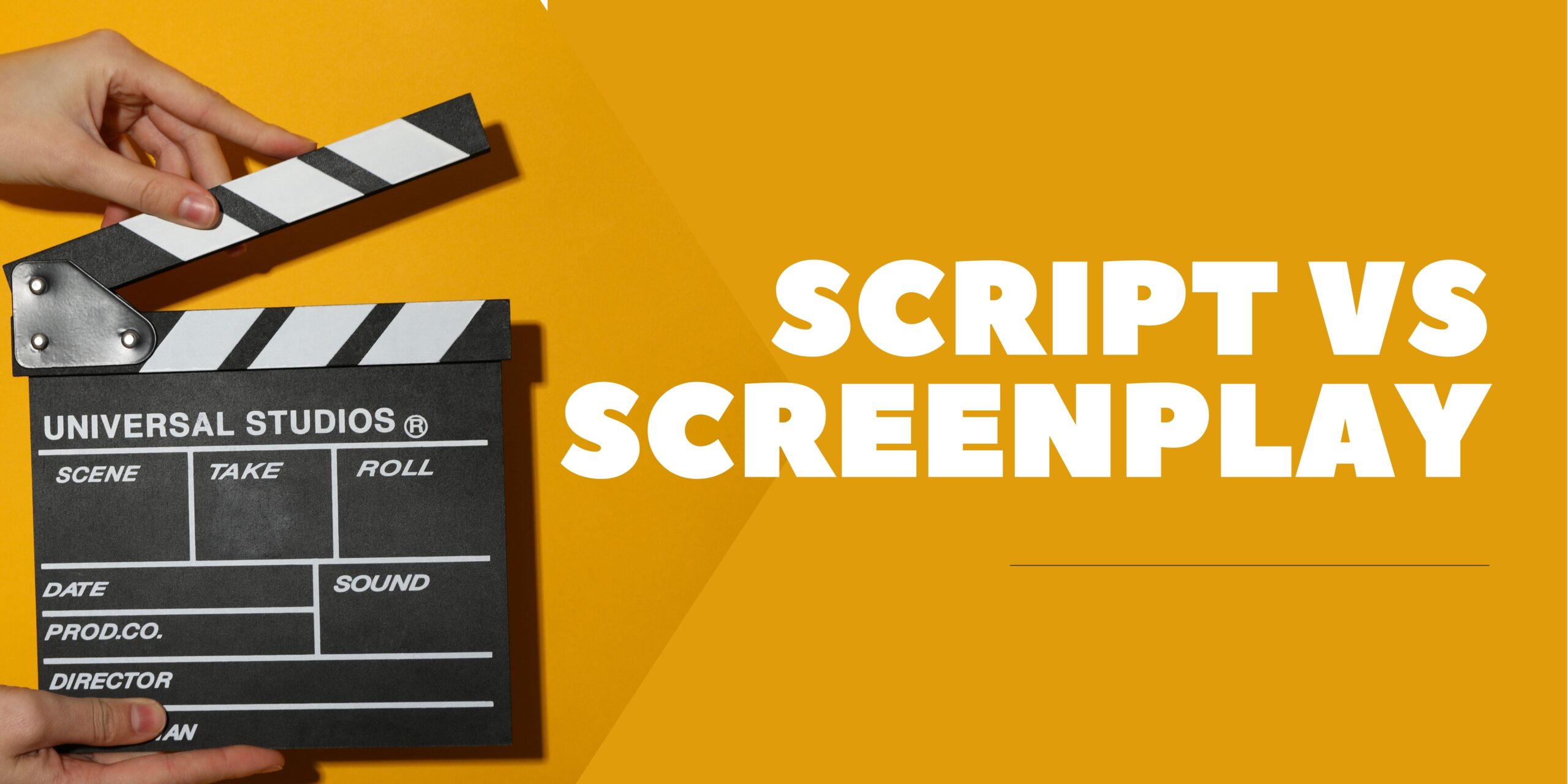

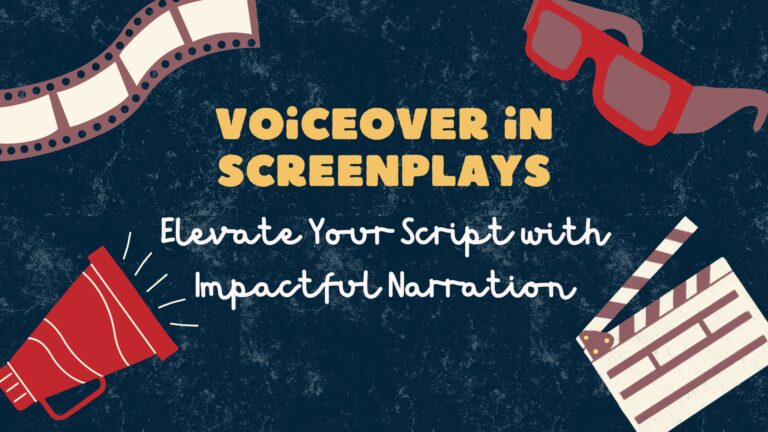
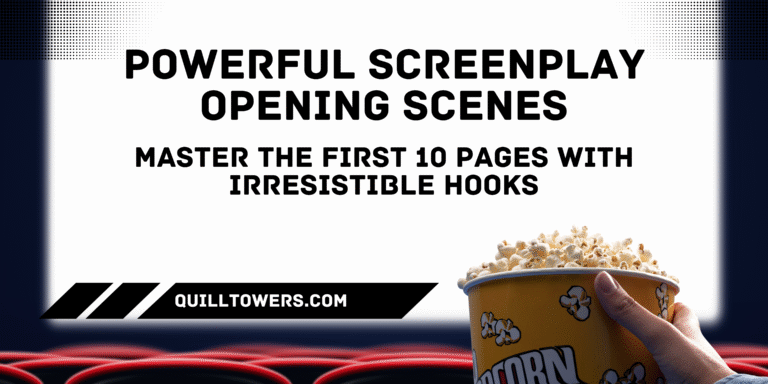
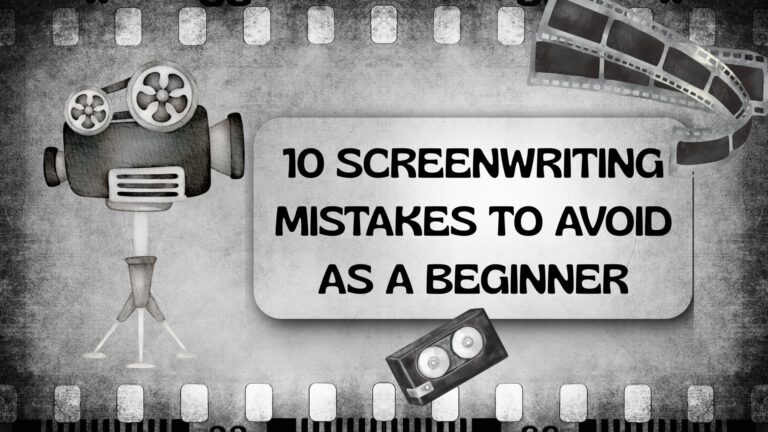
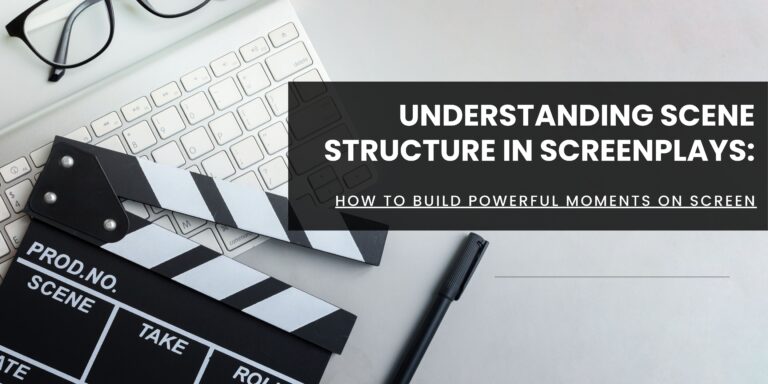
Получите бесплатную консультацию юриста на сайте консультация юриста онлайн бесплатно.
Юридические услуги оказывают значительное воздействие на различные сферы жизни. В жизни порой возникают обстоятельства, когда требуется помощь квалифицированного юриста.
Понимание, что юрист может выступить на вашей стороне, играет значительную роль. Даже в обычных ситуациях, таких как оформление документов, полезно проконсультироваться с профессионалом.
На ресурсе pomoshch-yurista11.ru представлены услуги квалифицированных юристов. На этом сайте вы найдете специалистов, готовых ответить на любые ваши правовые вопросы.
Квалифицированная помощь юриста может существенно снизить финансовые риски. Так что в случае возникновения юридических вопросов обращайтесь к профессионалам.
best articles on the net
Thank you very much
Current and up-to-date information
Thank you very much